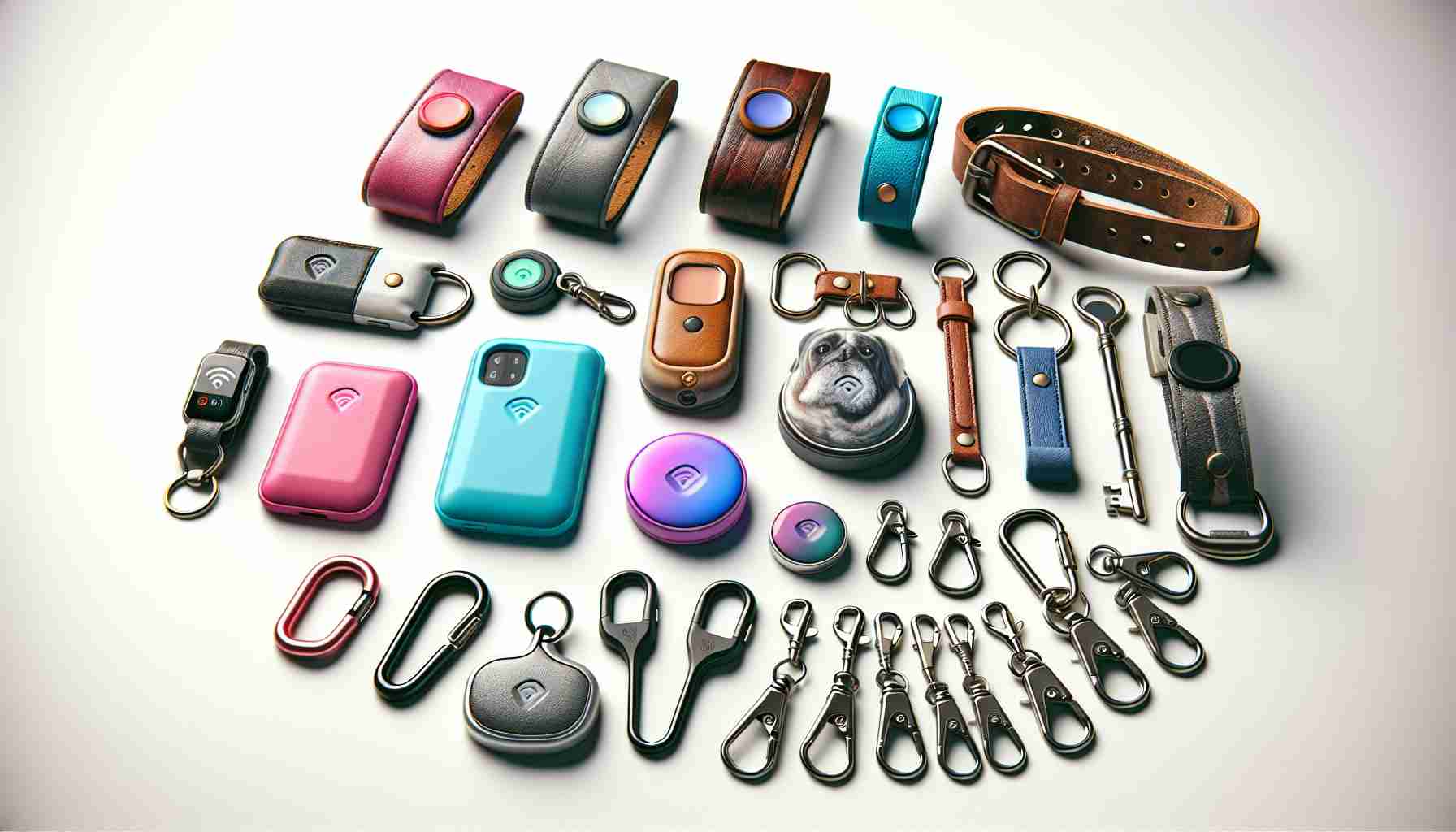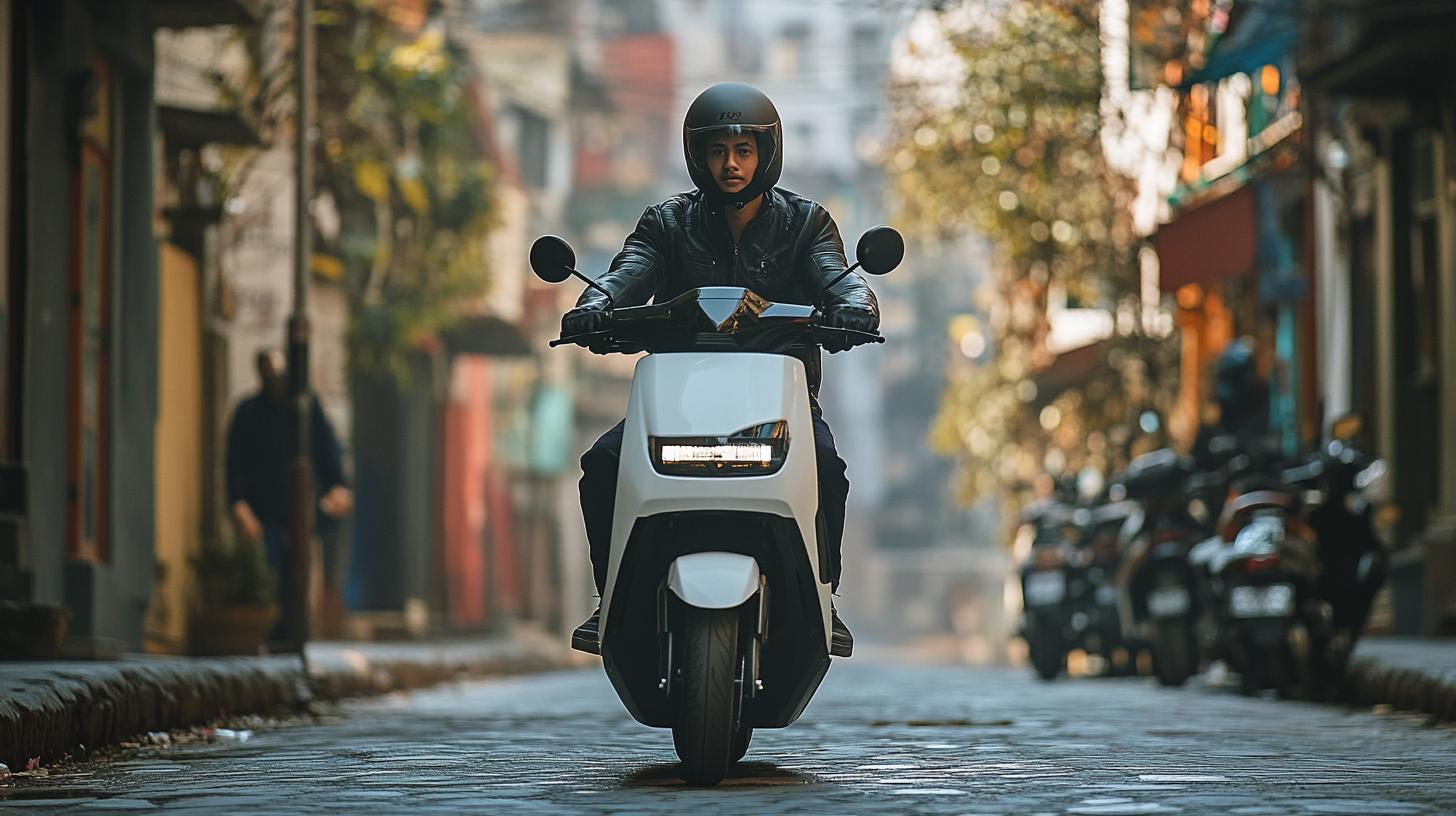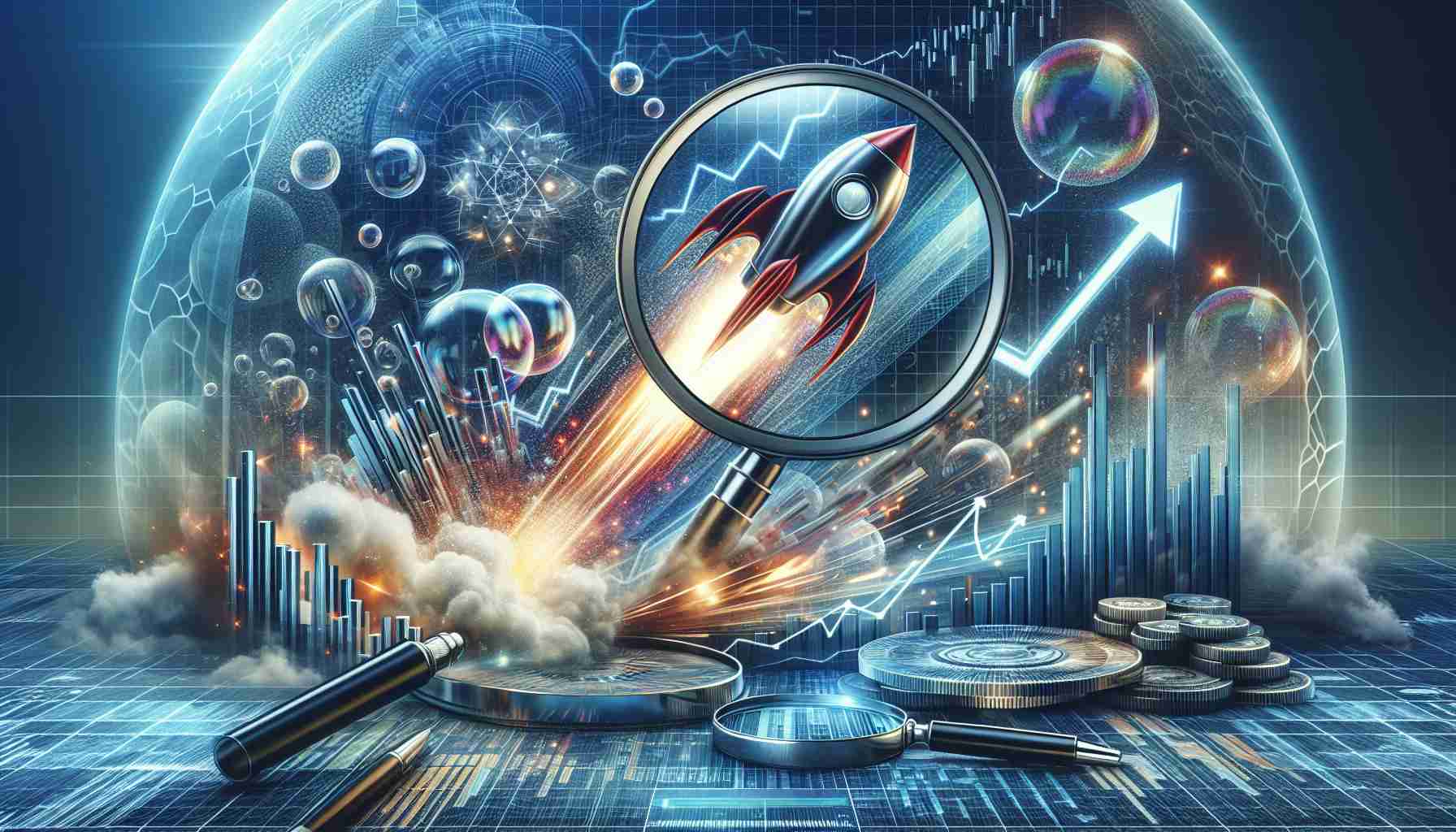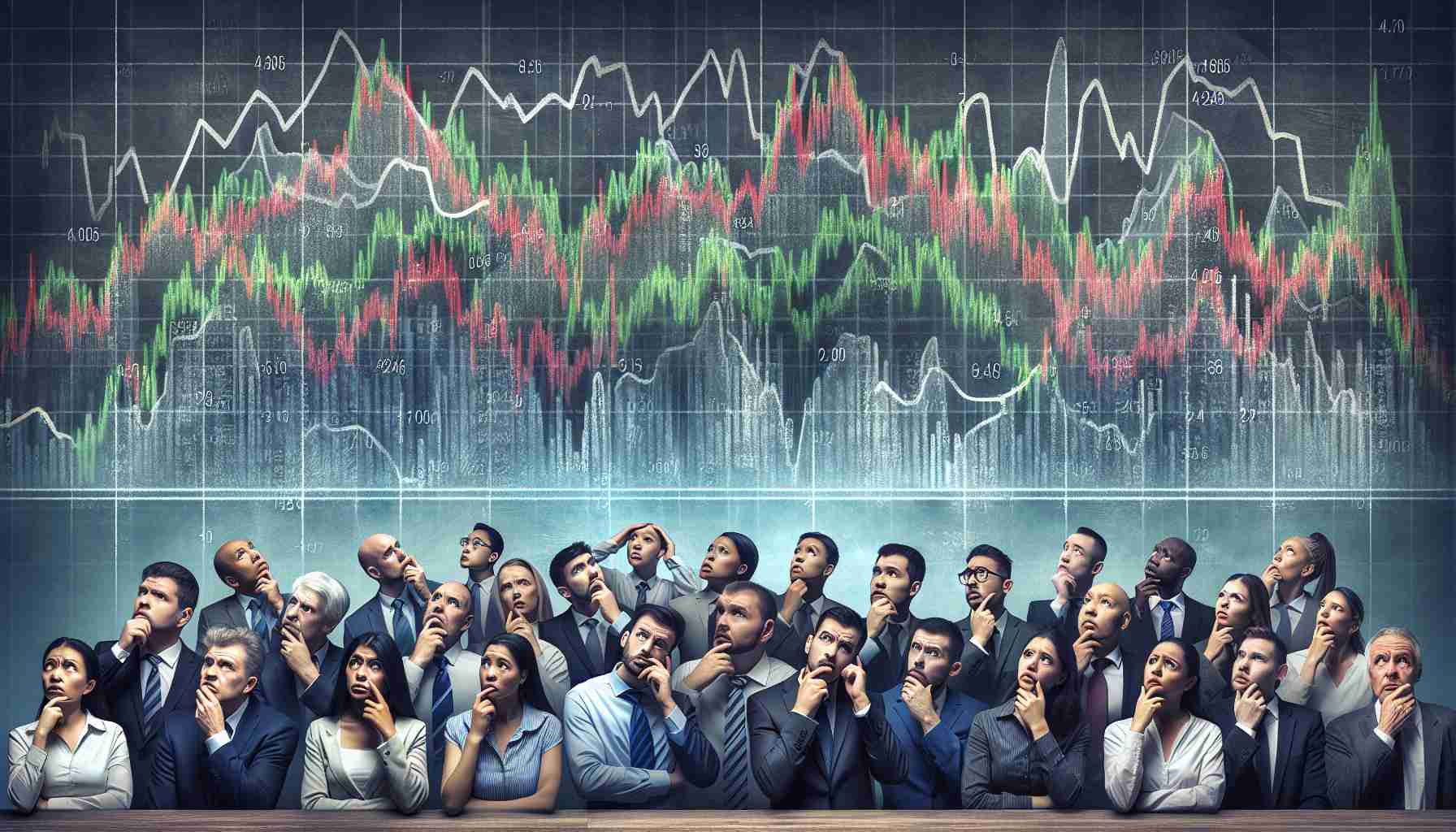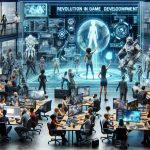AI’s Role in the Creative Industry
Artificial intelligence has sparked debates about its potential to replace human workers. However, the stance on this matter is far from conclusive. When OpenAI CTO, Mira Murati, addressed the audience at Thayer School of Engineering, the focus was on the potential impact of OpenAI tools like ChatGPT across various industries.
Enhancing Creativity Through Collaboration
When questioned about AI’s capability to write scripts and produce films, Murati confidently stated that it is indeed possible. She emphasized that by partnering with AI, humans can unlock greater creative potential. The emergence of AI tools serves to break down barriers for individuals to perceive themselves as creative. While acknowledging the disruptive impact AI tools may have on the creative industry, Murati highlighted that subpar content production by humans might not justify the existence of certain creative roles susceptible to AI disruption.
Empowering Human Intelligence and Imagination
Murati firmly believes that utilizing AI tools for educational purposes and enhancing creativity can elevate human intellect, creativity, and imagination. She envisions AI not as a replacement for human creativity but as a tool to augment and inspire innovative thinking in collaboration with human creators.
The Evolution of Artificial Intelligence in the Creative Industry: Collaboration, Challenges, and Controversies
As the integration of artificial intelligence (AI) continues to shape the creative industry, questions arise regarding the extent to which AI can enhance human creativity through collaboration. While the previous discussion shed light on the positive aspects of leveraging AI tools, several key questions remain unanswered in this dynamic landscape.
What are the Limitations of AI in Fostering Creativity?
One crucial aspect to consider is the intrinsic limitations of AI when it comes to truly understanding human emotions, intuition, and subconscious creativity. While AI can assist in generating ideas and streamlining processes, the depth of genuine creativity stemming from human experience and emotions remains a challenge for AI to replicate fully.
How Can Ethical Concerns Impact AI Collaboration in the Creative Sphere?
Ethical implications surrounding AI-generated content pose a significant challenge in the creative industry. Questions related to ownership, copyright, and authenticity of AI-generated works come to the fore, prompting discussions on the ethical frameworks required to navigate this evolving landscape responsibly.
Advantages and Disadvantages of AI Collaboration in Creativity
One significant advantage of AI collaboration is its ability to accelerate creative workflows, generate innovative concepts, and provide data-driven insights for creators. However, a major disadvantage lies in the potential loss of human touch and unique artistic expressions when AI dominates the creative process.
In light of these questions and challenges, it is essential for creators and industry stakeholders to engage in critical discussions and establish guidelines that prioritize the symbiotic relationship between AI and human creativity. By addressing these complexities, the creative industry can harness the true potential of AI as a catalyst for innovation and collaboration.
For further exploration on the intersection of AI and creativity in the industry, you may find valuable insights on Forbes, a reputable source for technology and innovation trends in various sectors.








